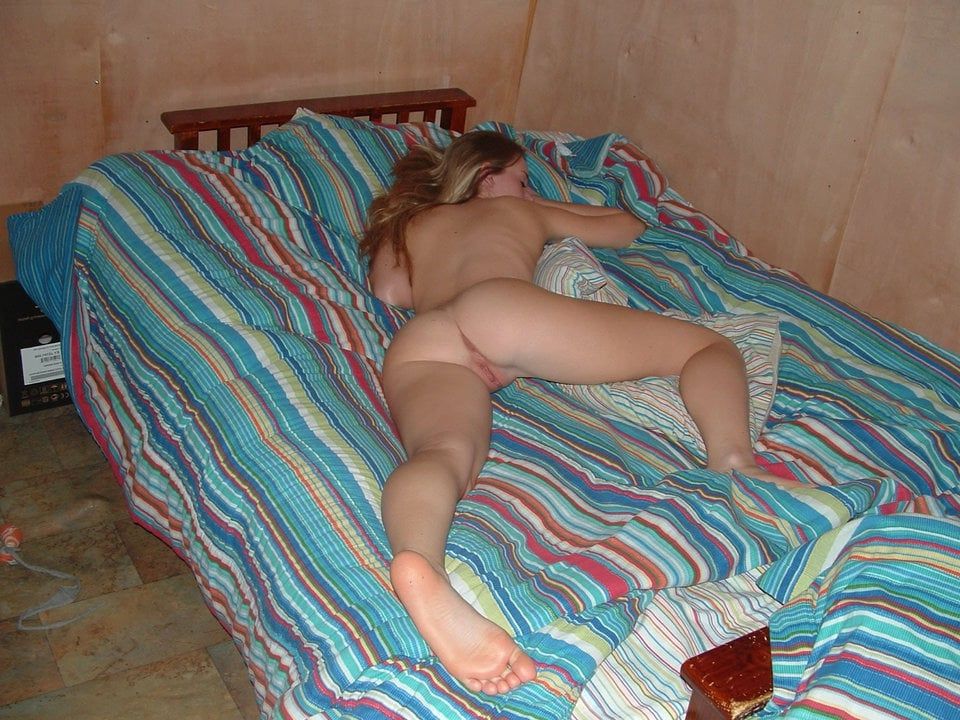
But no matter when your teen’s day starts, it’s important to plan for enough sleep. "If they have to be up at 5:30 to catch the 6:00 bus, they should probably be in bed right at 9:30," Breuner says.

If your teen is no exception, find out what’s behind this behavior and how you can help him or her get better sleep — starting tonight. A teen’s internal clock Everyone has an internal clock that influences body temperature, sleep cycles, appetite and hormonal changes.

Biological sleep patterns shift toward later times for both sleeping and waking during cence — meaning it is natural to not be able to fall asleep before 11:00 pm. Teens need about 8 to 10 hours of sleep each night to function best.

Teens are notorious for getting much less sleep than is necessary. Although most teens are aware of the negative effects of sleep deprivation, getting to bed at a decent hour isn’t a priority for
Most teens need about 8 to 10 hours of sleep each night. Getting the right amount of sleep is essential for anyone who wants to do well on a test or play sports without stumbling.

Short term, a lack of sleep can prolong a dip in a teen’s circadian rhythm, extending the dip by a few hours. Long term, a lack of sleep can lead to more sickness (due to a 30-40 percent drop in T-cells), frequent headaches, increase anxiety and risky behaviors—like using drugs and alcohol.

7 days ago · Teens don’t get enough sleep and one in four cope by medicating. Less than three percent of teens get the recommended 8 or 9 hours of sleep a day, according to a recent Pediatrics study. So
Teen sleep problems can begin long before they turn 13. The sleep habits and changing bodies of 10 to 12-year-olds have a close link to the teen years. The sleep …

Your teen may resist, but the easiest and most effective way to stop technology from interfering with your teens’ sleep is to leave the cell phones and screens out of the bedroom. No nighttime light to interfere with your teen’s natural drowsiness, no middle of the night …
Stage 1 sleep, the lightest stage, is the transition from being awake to deeper sleep. Stage 2, intermediate sleep, accounts for 40% to 50% percent of your sleep time. Stages 3 and 4, called slow wave or delta sleep, are the deepest levels and occur mostly in the first third of the night.


